The Royal Opera House seemed nervous about Georg Friedrich Haas’s world première Morgen und Abend. They sent out a pdf of the libretto in advance, which they only ever do when they think that the words or the plot are unintelligible. Thrilled to report that it was a double whammy.
An introductory soliloquy was spoken by actor Klaus Maria Brandauer. He’s apparently an Austrian national treasure. I’m not sure he’d get a part in Hollyoaks here. He wobbled on to the stage in wellies, paunch, beard and alcoholic’s nose. He was the spit in fact of Ricky Tomlinson in The Royle Family, except he said things like ‘he’ll be alone for ever alone’, instead of ‘my arse’, which coincidentally were very close to my feelings that evening.
At this point I’m traditionally meant to elucidate the plot — which is quite hard when there isn’t a plot. One depressed Norwegian fisherman, Olai, gives birth to another depressed Norwegian fisherman, Johannes. Johannes goes fishing. The end. There is also the appearance of a dead fisherman Peter, a friend. He has long, wavy blond hair. Your head thinks Grimes; your eyes see Stringfellow. Either way Johannes is rightly wary of getting into the boat with him.
A meditation on life and death, some have called it. A pretentious waste of time is, I imagine, how most punters will find it. Not that that’s ever stopped opera. If the lack of a decent story were a barrier to success, the operatic repertoire would be virtually non-existent. Trust the music, we’re meant to think in this sort of emergency. Well, I’m afraid that won’t get you far.
Haas is often lumped in with a group of composers called the Spectralists, so called because they turned to the spectrum of overtones that reside within each note (a bit like how the colour spectrum lurks within each beam of white light) as a starting point for compositional explorations. Anxious musical bigwigs love Spectralism as it offers a way out of the atonal modernist cul-de-sac (as they see it) by reintroducing tonality by a theoretical sleight of hand. It’s a musical third way. It’s probably why the Blairite Simon Rattle so loves it.
The problem is Haas doesn’t do nearly as much as he could or should with this language (certainly not as much as Gérard Grisey or Horatiu Radulescu did with the same means). Instead he smears the sound till it resembles an ice rink on which he lets the vocal lines slip and slide inconsequentially. It sounded like the stuff Penderecki and Ligeti were messing around with 60 years ago.
Graham Vick directs. Dreadfully. Take Vick out of his Birmingham warehouses (where he leads the inspiring Birmingham Opera Company), and put him into an opera house and he becomes deadly. The singers mainly float around tasteful white furniture like jellyfish playing musical chairs. There are times in fact when the music starts displaying abstract expressionist intentions — moving in textural blocks of sound: now smudged, now sweeping up, now down —where one thinks maybe Vick is the real culprit. His failure to realise that the music is dealing (however derivatively) with geometry and process and not realism is what sinks the night.
Yet the singing is excellent. Which is revealing. Blind, illiterate opera administrators think that all opera needs is a few pretty-sounding gobs. This way lies oblivion.
It is in fact the kind of opera that gives opera a bad name. Ignore it. Save your money. And invest instead (the next time it’s in town) in a fantastic new chamber opera from Simon Vosecek and the brilliant Independent Opera company that stirs up two of the rarest commodities in opera: laughter and thought.
Biedermann and the Arsonists is based on Max Frisch’s terrific 1953 political parable The Firestarters in which a couple of toffs aid and abet two oiks in the burning down of their posh house convinced that what the hoodlums openly admit to doing can’t be what they really want to do. The characters are pure Max Beckmann, the plot pure Labour party.
Leigh Melrose and Matthew Hargreaves play the Corbynite tweedledee and tweedledum with tremendous comic timing. Vosecek delivers an excellent, jittery score that echoes the fleet-of-foot nature of the characters — their deception and self-deception. Max Hoehn’s lively direction is all-condemning. ‘Give us matches,’ one oik politely asks the toff, ‘as a sign of your trust in us.’ Michael Billington next to me took it as a tale of middle-class guilt; I took it as a warning of Jezza-mania. Ambidextrous, teasing, tense: it has it all.
Got something to add? Join the discussion and comment below.
Get 10 issues for just $10
Subscribe to The Spectator Australia today for the next 10 magazine issues, plus full online access, for just $10.


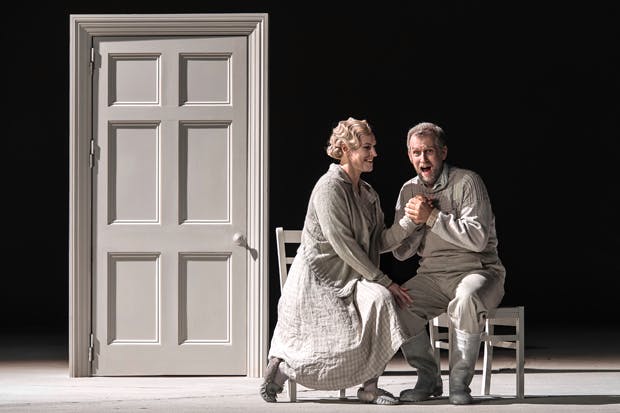
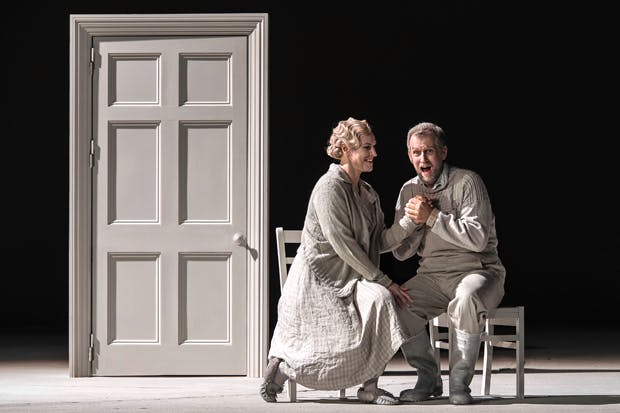


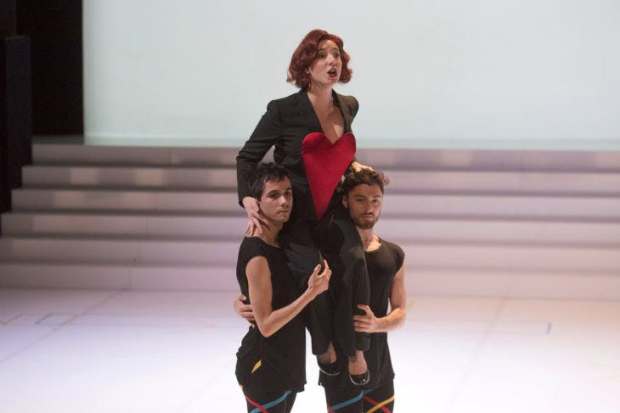
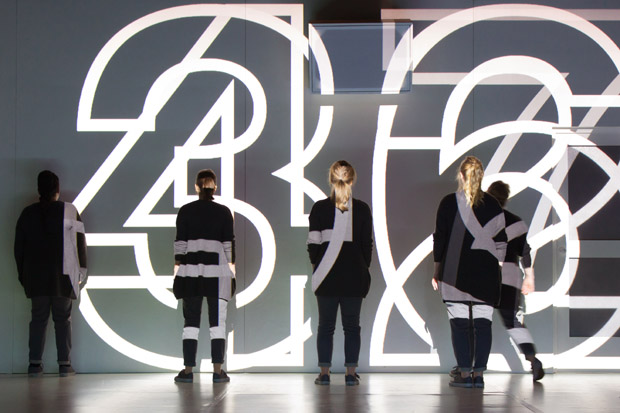
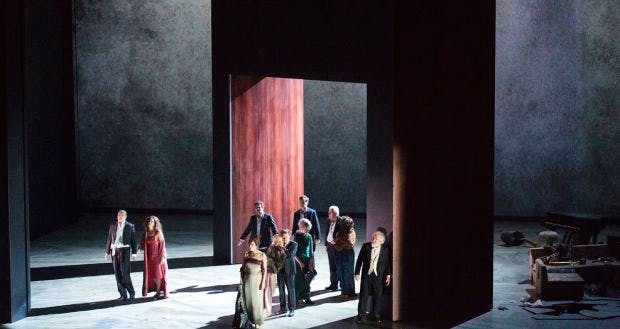






Comments
Don't miss out
Join the conversation with other Spectator Australia readers. Subscribe to leave a comment.
SUBSCRIBEAlready a subscriber? Log in